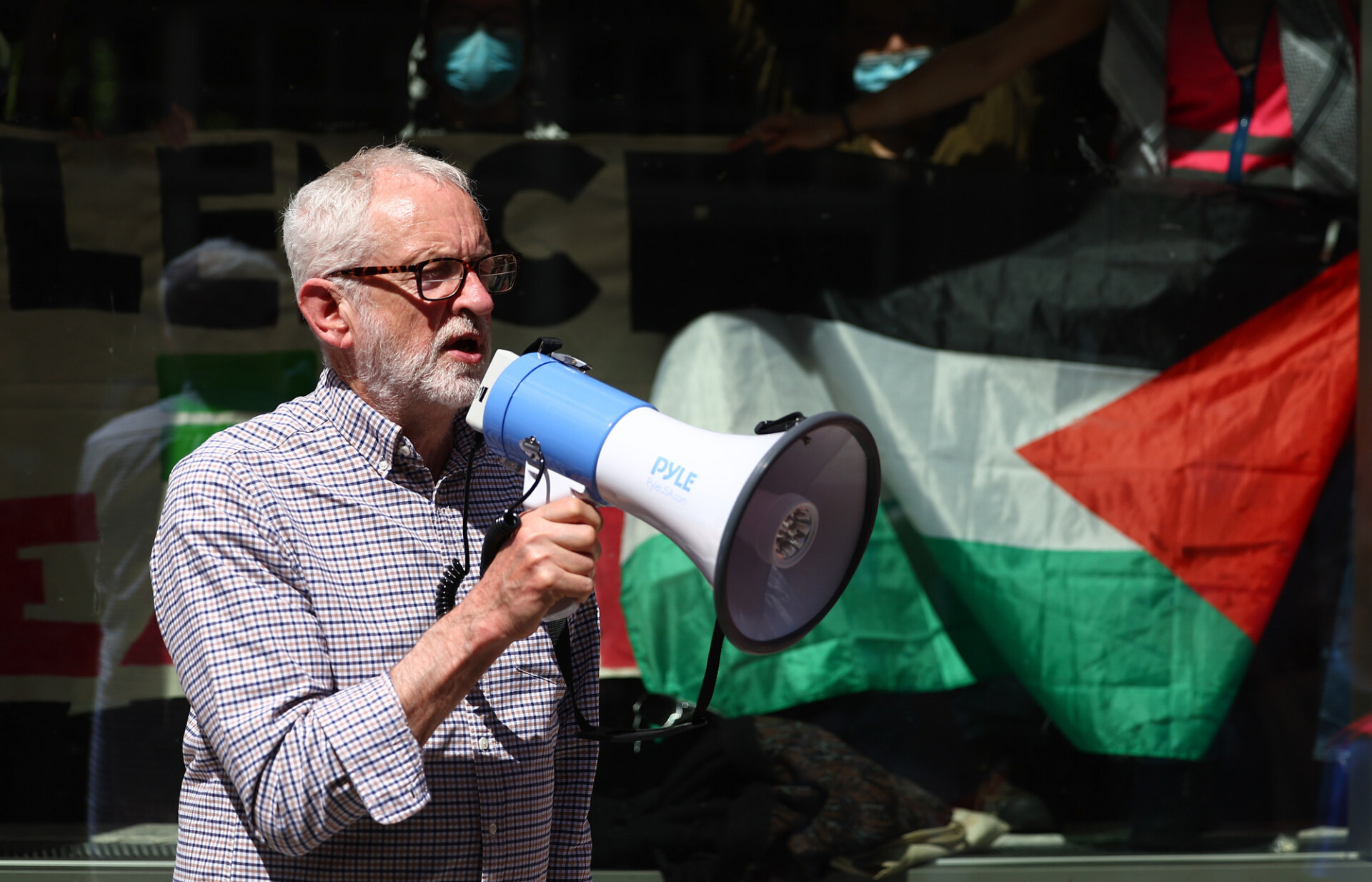The 2024 general election stands out as a remarkable exception in post-war British history. Six independents were elected, four for the first time. One of those was former Labour leader Jeremy Corbyn, who is now planning to form a grouping of five independents.
The potential grouping would draw together five independents who campaigned on a pro-Palestinian platform. With the exception of Corbyn, these candidates won in seats with significant Muslim populations (roughly a third to half of voters). By contrast, the Greens’ coalition, represented by four MPs, is divided evenly between two university-dominated urban seats (Brighton Pavilion and Bristol Central) and rural affluence (Waveney Valley and North Herefordshire). Reform, which has five MPs, won in poorer areas of East Anglia and the East Midlands, ex-Conservative seats, some of which had been top Labour targets.
Separately, the independents, Greens, and Reform represent three sources of weakness for Labour. There is discontent among Muslim working-class voters. Affluent urban radicals are not keen on Starmer’s Labour either. Socially conservative, older, white working-class voters remain beyond Labour’s reach. In different ways, they all are the consequences of Labour’s neglect of different parts of its electoral base.
Elected on a day in which Labour won 411 seats, however, these MPs pose no immediate threat to the Labour government. Furthermore, Starmer has been blasé about holding onto even the MPs elected for Labour at the general election. Barely three weeks into office, Starmer suspended seven of them for voting to remove the two-child cap on certain benefits.
Could Corbyn’s new grouping challenge Keir Starmer from the Left? It is possible that he will do so, but it seems unlikely to have much of an impact. For one, this grouping would not get additional funds. Short money, public funding for opposition parties, is not calculated on the basis of post-election groupings but on strength at the election.
In absence of a hung parliament, their influence on the outcome of parliamentary votes seems limited. In contrast, back in the late 1970s, tiny groupings of MPs could wield enormous influence because the Labour government was fighting for every vote to stay alive. Various (costly) promises were made to small-party MPs in the final months of the Callaghan government. Theresa May did something similar with the DUP after losing her majority in 2017. Now, the parliamentary arithmetic doesn’t lend itself to this kind of influence.
The record of ‘independent groups’ in Parliament is not encouraging, either. The anti-Brexit ‘The Independent Group”(and its many iterations), which lived and died in 2019, is the most recent and obvious example. All MPs who joined it lost their seats.
One possible path would be for this Left/independent group eventually to merge with the Green Party. I expect the Greens to become an increasing thorn in Labour’s side, especially in council elections in the upcoming years. At the next general election, a stronger Green Party could cost Labour seats, if not by winning very many more but by fragmenting the Left-wing vote further and letting in the Conservatives in a number of seats, should they recover some ground.
The relative success, in historical terms, of small parties and independent candidates at the 2024 election is not an immediate risk for the Labour government. They are, however, a warning sign of future dangers for Labour. Starmer (rightly) believes that elections cannot be won simply by appealing to one’s own base. But, if the base cracks into tiny fragments, then little else can be built upon it, including victory at the next general election.











Join the discussion
Join like minded readers that support our journalism by becoming a paid subscriber
To join the discussion in the comments, become a paid subscriber.
Join like minded readers that support our journalism, read unlimited articles and enjoy other subscriber-only benefits.
Subscribe